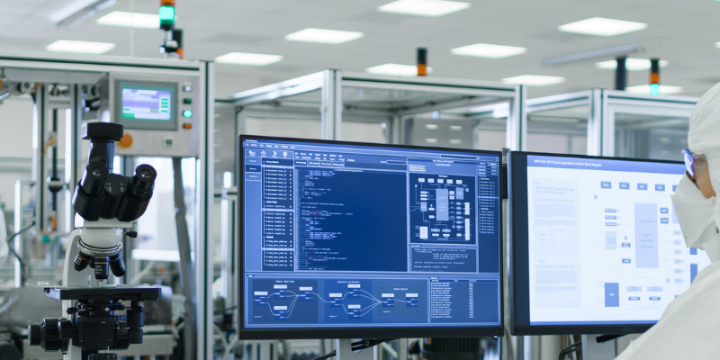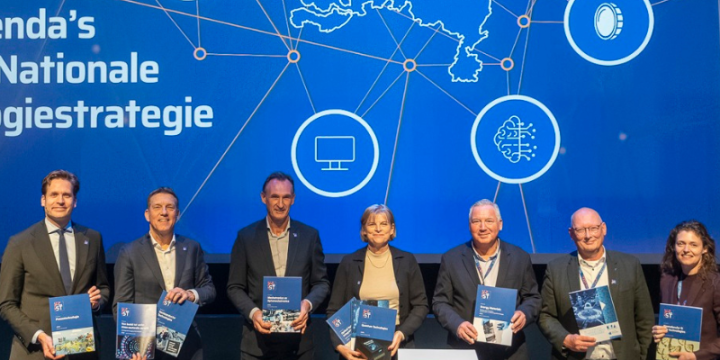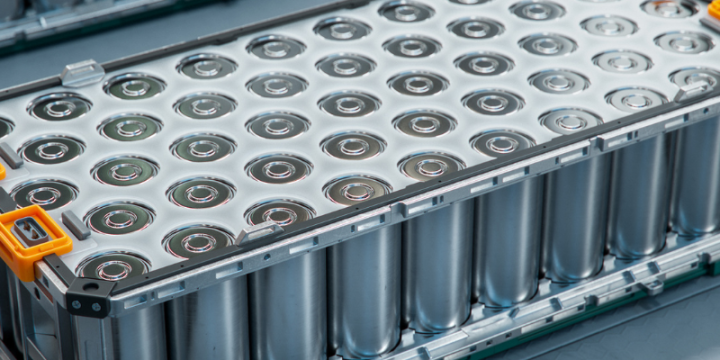In the podcast series we're producing in collaboration with IO+, "The People of Holland High Tech," you'll get to know the people of Holland High Tech (the top sector High Tech Systems and Materials). Quantum, sustainable mobility, safety. High tech is playing an increasingly important role in our daily lives. Today we interview Hans van der Weijde. He is involved with Holland High Tech as a programme council member for the Circular Economy innovation domain. He also works at Tata Steel in the R&D department. Van der Weijde talks about the state of the circular economy in the Netherlands. “We need to think much more about how we design products.”
Podcast Hans van der Weijde, programme councel member Circular Economy and Director Strategy, Programme Management and External Relations at Tata Steel Netherlands R&D.
Listen to the (Dutch) podcast via Spotify
How would you describe yourself in one word?
“If I had to sum it up in one word, it would be curious. I like to do lots of things at once. When a new topic comes up, I want to explore it myself first before passing it on to someone else.”
So you are a program council member for the Circular Economy innovation domain. What does this innovation domain entail?
"When people hear ‘circular economy,’ they immediately think of recycling. But that's only a small part of the story. Circular means much more. Before you make something, you have to ask yourself: can I do this in a smarter way? Can this product be made with less material? Can we use biomaterials or recycled materials? Can we make the product more robust so that it lasts longer? Only when something is truly no longer usable does recycling come into the picture.
If we look at the high-tech sector, we see that it is still quite normal to use an iPhone for only three years and then replace it. Products such as smartphones often only last a few years, even though they contain many valuable materials.
What does your work for Holland High Tech involve?
“As a member of the program council, I advise the Holland High Tech board, together with the entire program council, on programs, projects, calls, and developments, but my ambition is also to ensure that other programs within and outside Holland High Tech start thinking more about the circular economy. After all, it is an overarching theme—you cannot pigeonhole the circular economy.
Cooperation between government, knowledge institutions, and companies is crucial, and within Holland High Tech, this comes together well. Most projects are public-private partnerships. Companies and research institutions work together on these. This ecosystem has been well developed within the top sectors for many years, and compared to other countries, the Netherlands is doing quite well in this area."
And what do you do at Tata Steel?
“I manage the content of our R&D program, which involves 250 people. I am responsible for what we do there — from research into our own factories and reducing emissions to collaboration with customers and universities. We have many projects underway, but the largest and perhaps most inspiring project is making the site in IJmuiden more sustainable.”
What are we already good at in the Netherlands in terms of circularity?
“In the Netherlands, and in fact throughout Western Europe, we are good at metal recycling: certain metal streams are already recycled by as much as 90%. Sorting technology has improved enormously: machines that recognize and sort individual pieces of waste or scrap at a speed of 50 meters per minute. I recently visited an aluminum company that has developed such a system, together with partners. They sort aluminum based on alloy elements. This makes the material easier to reuse.
In the Netherlands, we are also strong in system integration. Take ASML, for example, a world leader in bringing together different technologies and components into a single working system. Perhaps that is the role we should take on as a country in the field of circularity."
What can the Netherlands do better when it comes to the circular economy?
We need to think much more about how we design products. That's difficult, because many of the products we use come from abroad. That means you have less influence on the design side. But you can set requirements through the purchasing policies of companies and the government, and through regulations. The Netherlands is sometimes a bit slower in making such decisions, partly because responsibilities are divided among different ministries. Some countries, such as France, are much quicker.
In addition, valuable materials are often still labeled as waste in the Netherlands, when in reality they can still be reused perfectly well. Something has to change there."
Do you have a message for the reader that you would like to share?
We have talked a lot about research and companies, but ultimately the individual consumer is also important: everyone buys and uses products. I think the biggest impact can be made if people learn to make smarter choices: buying consciously, treating things well, and repairing instead of throwing away.





